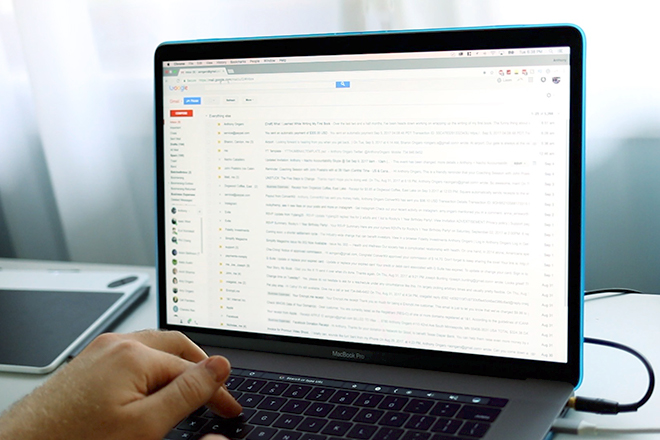
Oh email, where do I even start? I’ve just spent the last 45 minutes clearing out and responding to my most recent emails and I’m still not even close to the coveted inbox zero I keep hearing about (is this a real thing?). Email is something that pretty much everyone with internet access is required to have and largely acts as the main one-to-one communication source online. But, constantly checking for new emails was one of the original digital Twitches—wanting to find something new for a fresh burst of excitement.
[Read more…] about A Simple Guide To Reducing Inbox Overwhelm




